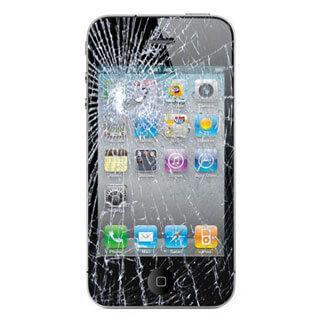Top 10 iPhone Security Tips & Common iPhone Security Issues and Resolutions
Password and system security has always been perceived to be an problem affecting just computers, with Windows-based operating systems being more likely to attack than Apple products, but with more and more people using smart phones to carry out day to day, domestic affairs such as banking and bill paying these devices are coming under increasing attack.
An increasing number of people are now using the flexibility of smartphone Apps to carry out many financial transactions. Apps released by the major banks and other financial institutions such as PayPal allow people to access their accounts while on the move to check balances while shopping and even carry out everyday transactions such as paying bills and transferring money between accounts. But every transaction is potentially an opportunity for personal data to be harvested and potentially used by unauthorised people to access accounts and the need for security has never been greater. The iPhone was conceived as a multi-solution device rather than just as a mobile phone, and subsequently security has always been at the forefront of its design and operation. But with increasingly devious criminals trying to crack devices, having the right security has never been more important.
Recommended Product
Powerful iPhone Manager and Transfer Program - Wondershare TunesGo

- Directly transfer media files to iOS devices with a click.
- Transfer audio and video from iDevice to iTunes and PC.
- Import and convert music and video to iDevice friendly formats.
- Delete photos/videos in batch with a single click.
- De-duplicate the repeated contacts.
- Fix & optimize ID3 tags,covers,song information.
- Transfer music, photos without iTunes restrictions.
- Perfectly backup/restore iTunes library.
Part 1. Top 10 iPhone Security Tips
There are some essential iPhone security measures available, not least, the fingerprint scanner that came into being on the iPhone 5 and later models iPhone 6/6s/7.
1. Biometrics
Biometric security is becoming one of the main weapons in the war against unauthorised access. Having a physical application such as a fingerprint or iris scanner reduces the risk of unauthorised access enormously since individual features, such as these cannot be duplicated easily and will remain fairly much a constant with the proper user.
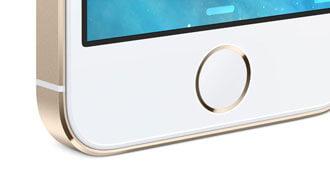
2. Enter a Passcode
It sounds too simple, but the iPhone's security is tight enough to prevent any further access if a passcode isn't entered. With no way round, this most fundamental piece of security, with the passcode set, you phone is useless to anyone else, and not really worth stealing for the opportunist thief. Of course, it goes without saying that you should choose a passcode that isn't your birthday.
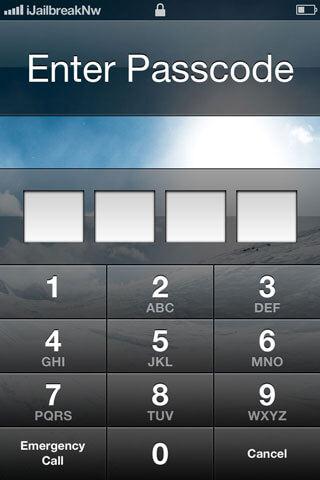
3. Set auto lock
It may seem fundamental, but many people still do not use the most basic security functions available in the iPhone. The auto lock feature puts the iPhone into a sleep mode state after a number of minutes of inactivity, and requires a user-set password to reactivate the device. With no easy way round the lock, this basic security will help dissuade casual thieves.
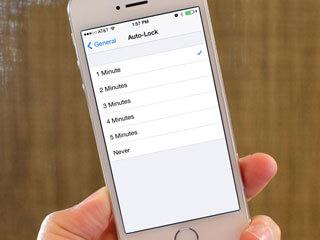
4. Find My iPhone App
The Find My iPhone App epitomises all that the iPhone is good at. A combination of security App with GPS, the Find My iPhone should be installed and activated on every phone. The premise is simple; if you lose your phone or have it stolen, you can track its location in real-time on the Internet, and track it down. The App requires at least iOS 5 and a few settings to be activated, but once done, it will transmit a signal all the time it has battery life and, with auto lock also switched on, it cannot be tampered with by a thief. It can be set to deliver a silent signal or beep to help you find it – even when the main phone is set to silent mode - so whether you lose it or have it stolen, Find My iPhone is an essential piece of software.
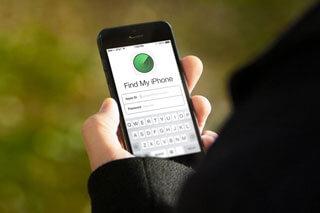
5. Enable Wi-Fi security
Not having a secure Wi-Fi connection is like having all of your data out in the world for all to see. It may sound simple, but many people do not enable the proper security protocols on their phone when connecting to Wi-Fi spots and that is just asking to have you phone and its data hijacked. The iPhone will always prompt for a Wi-Fi password, and you should ensure that you rename regular Wi-Fi connections securely to prevent unauthorised access. It's also recommended that, as with Bluetooth, you disable Wi-Fi when you don't need it on as an extra layer of security.
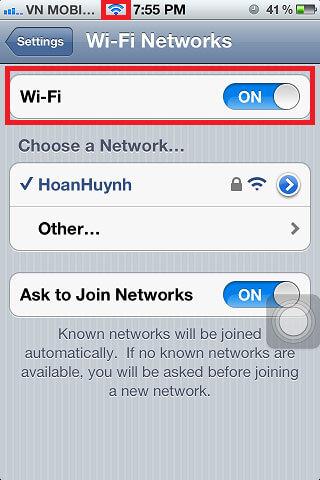
6. Encrypt data backups.
It makes sense to create regular back-ups of your phones data on to a PC or Mac, but that can create its own problems. By putting all your data onto another device means that you can still be attacked on there too and your personal information mined by some unscrupulous criminal. You should always encrypt your data back-ups so that they are only readable by your own devices and become useless were someone to gain access to your machine. Data encryption is one of the standard options on the iPhone back-up interface and you should ensure that you always have it enabled.
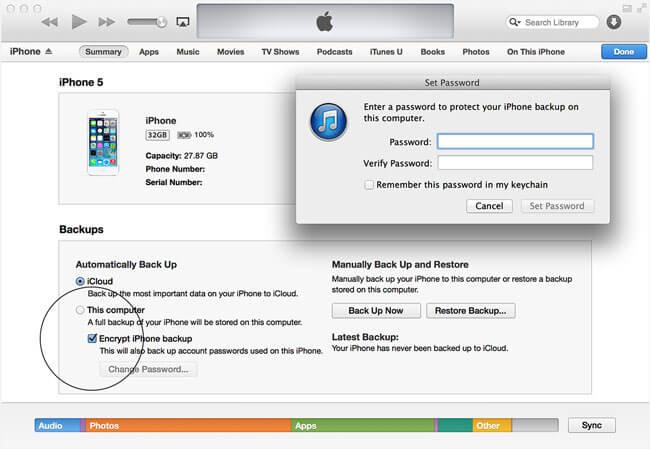
7. Use Antivirus software
With bespoke computer viruses designed specifically to attach themselves to smartphones becoming more prevalent, it is essential that you run credible anti-virus software. You should endure that you update to the latest Apple operating system to help combat holes in the system, but install a barrier to examine incoming emails and downloaded software.
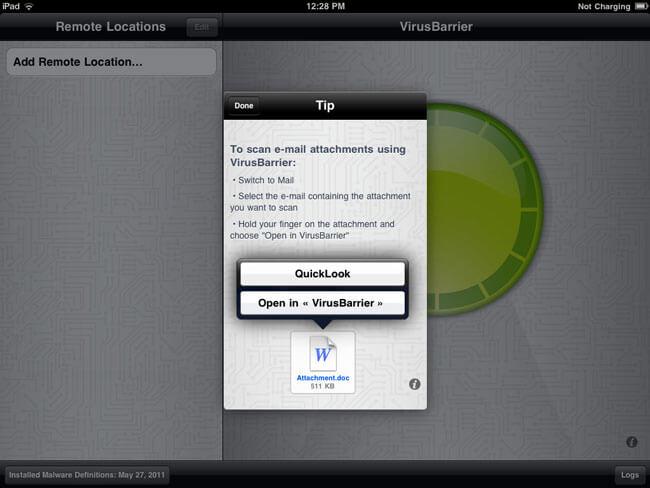
8. Be careful with auto-connect Apps
Have you heard of Bump? It's an App designed for effortless data transfer and while it may be fun for some social media applications, it can be a nightmare for your security. Generally speaking, if you value your iPhone's security, stay away for automatic data transfer Apps like this or you'll never know what you are passing on.
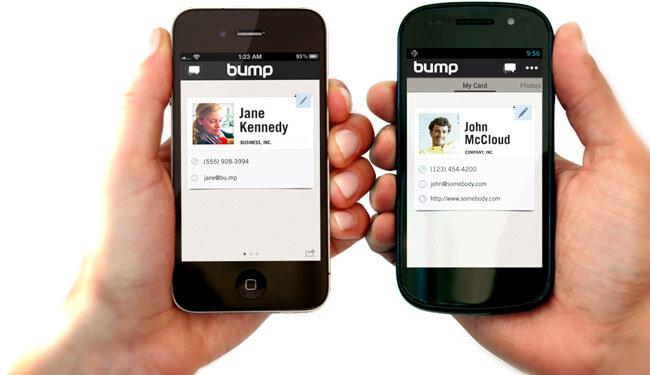
9. Avoid unsecure software.
With so many websites offering software for as many applications as you can think of, it's all too easy to download something that does more than you expect. Whether it's from un unsecure source or blatantly pirated software, you should stay away from it otherwise you run the risk of exposing your phone and data to unnecessary risks. Use only software from credible sources.
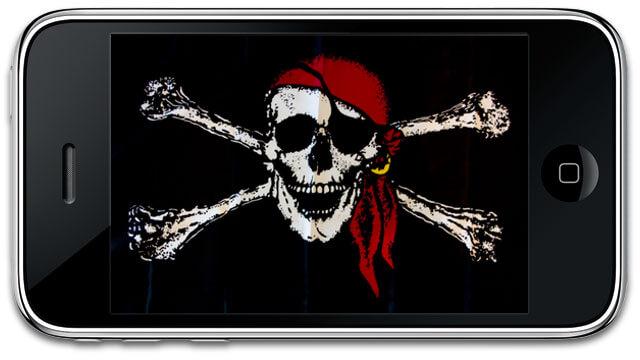
10. Avoid unsolicited links
The more people you add as friends and associates the more likely you are to get an unsolicited link in an email that can spell disaster for you and your iPhone. Your iOS updates and antivirus software will deal with inbound threats but they generally can't save you from things you may click on, so the general rule of don't open it unless you are sure applies.
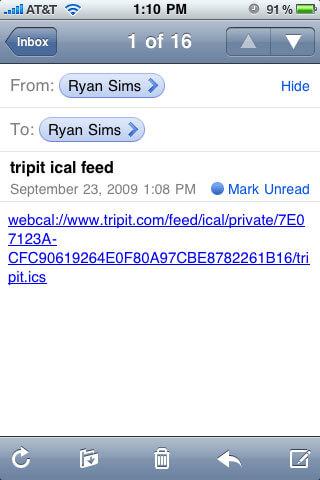
Part 2. Common iPhone Issues & Resolutions
1. The iOS 7 WallpapDeath Grip.
Holding the iPhone 4 in a particular way caused antennae reception to drop to zero. Apple suggested either buying $30 worth of bumper case, or holding the phone in a more "flexible" way (see picture). Reception has been improved on later models.
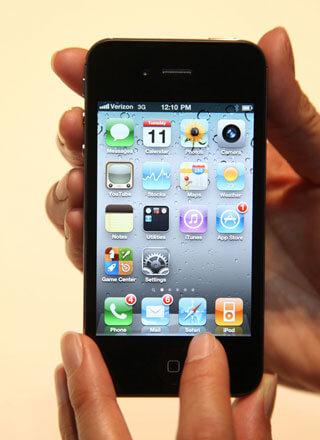
2. Rear Camera inoperable.
Many people have noticed that while taking a photo with rear camera that the virtual shutter seems to get stuck. Sometimes it clears itself, sometimes it becomes permanent. If this happens to you, take your phone to the Genius Bar and ask the price for a fix. Or just use the front facing camera.
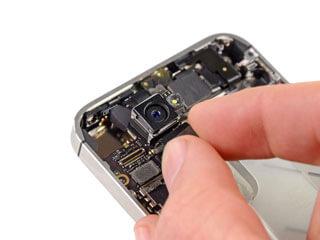
3. iPhone 4 scratchy-breaky glass
Despite Apple's claim that it is hugely tougher than plastic, iPhone 4 was terribly susceptible to breaking glass. The only real remedy is to mount your device in a rugged case and try not to drop it too much.
